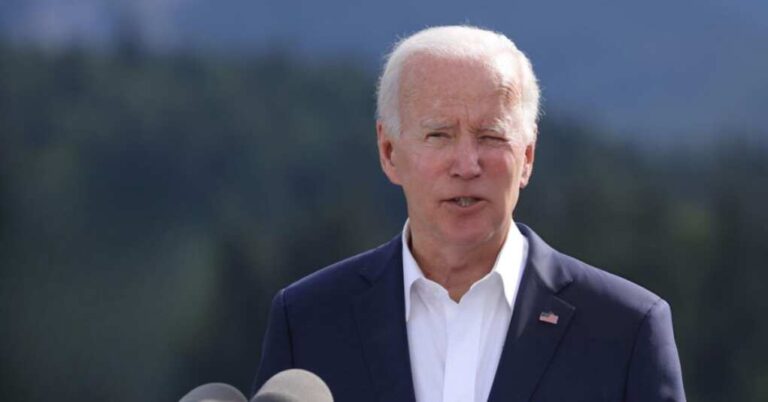
Leave it to the Democrats to devise a new way to sway voters ahead of the 2024 election. As the country teeters on financial collapse, Adam Schiff (D-CA) and Bonnie Watson Coleman (D-NJ) have proposed a new plan to drive it right over the cliff.
The Guaranteed Additional Income for Families in Need (GAIN) Act will give low-income Americans $500 monthly supplemental checks for five years. The plan appears to be based on California’s Fresno Economic Opportunities Act, a highly specific proposal that promises 150 Fresno residents “guaranteed income” for a year. A “random” lottery will choose these lucky residents. Other California residents are gambling on a nearly bankrupt state’s financial security through similar programs in Long Beach and Stockton.
Schiff intends to broaden the program’s scope, claiming that guaranteed income is a “powerful and cost-effective way” to support low-income American families. The proposal would be a pilot program to assess its usefulness and sustainability as a long-term option.
Schiff says that there is a rise in health issues among hard-working families who struggle to make ends meet, including depression, anxiety, and cognitive decline. According to some experts, families receiving the extra funds use them for rent, food, and childcare.
Under the GAIN program, ten guaranteed income initiatives will be implemented in cities and states nationwide. Each Medicaid beneficiary enrolled in these programs will receive a minimum of $500 monthly for five years. Eligibility for Medicaid requires meeting specific low-income criteria, making the federal health insurance program accessible to some of the nation’s most economically disadvantaged individuals.
Alex Beene, a financial literacy instructor at the University of Tennessee at Martin, explained that small, targeted guaranteed income programs have “proven highly effective” in lifting recipient families out of poverty in several cities. He highlighted that the proposed law would authorize other cities and states to initiate similar pilot programs to assess their potential benefits. Beene emphasized that the additional $500 per month recipients could receive would significantly alleviate daily expenses, particularly amidst the challenging economic conditions worsened by inflation.
As usual, however, the Democratic plan misses the point by miles. Millions of Americans do not qualify for Medicaid because they work multiple jobs to survive. These hard-working, middle-class Americans are expected to foot the bill for others, many of whom already receive governmental assistance.
The struggles of the middle class are a hot topic in today’s discussions on policy. Many Americans feel President Joe Biden’s policies have not significantly helped middle-class families. There’s debate about potential changes in tax policies, like adjusting income tax rates for higher earners and corporations, which could affect middle-income households.
Meanwhile, middle-class Americans face ongoing challenges such as stagnant wages, increasing debts, and higher living expenses.
A recent survey conducted by the National True Cost of Living Coalition reveals that nearly two-thirds of self-identified middle-class Americans are experiencing economic difficulties and foresee no improvement in their financial situations in the near future.
The survey polled 2,500 adults and found that 65% of individuals earning more than twice the federal poverty level (equivalent to at least $60,000 annually for a family of four) reported financial struggles. Even households earning over $150,000 per year for a family of four express concerns about meeting financial obligations. Despite positive economic indicators, many respondents feel financially insecure and lack savings. Approximately 40% of those surveyed live paycheck to paycheck, and 46% have less than $500 saved. Factors such as rising interest rates and high levels of debt contribute to the death of Middle-Class America.
And there are no safety nets for them.
Polling has shown that policies that favor some Americans over others are not popular, such as reparations, DEI, and student loan forgiveness. Additionally, even if the proposal does toddle through the halls of Congress, expect lawmakers to quickly add hundreds of qualifiers for those seeking assistance, limiting the bill’s impact to just a select few.
The Biden administration will continue compartmentalizing individuals, playing them against each other before the 2024 election. At that point, it won’t matter anymore – promises are made to be broken.
For now, Schiff’s lofty proposal is unlikely to gain momentum. And if it does, chances are that you won’t qualify anyway.
